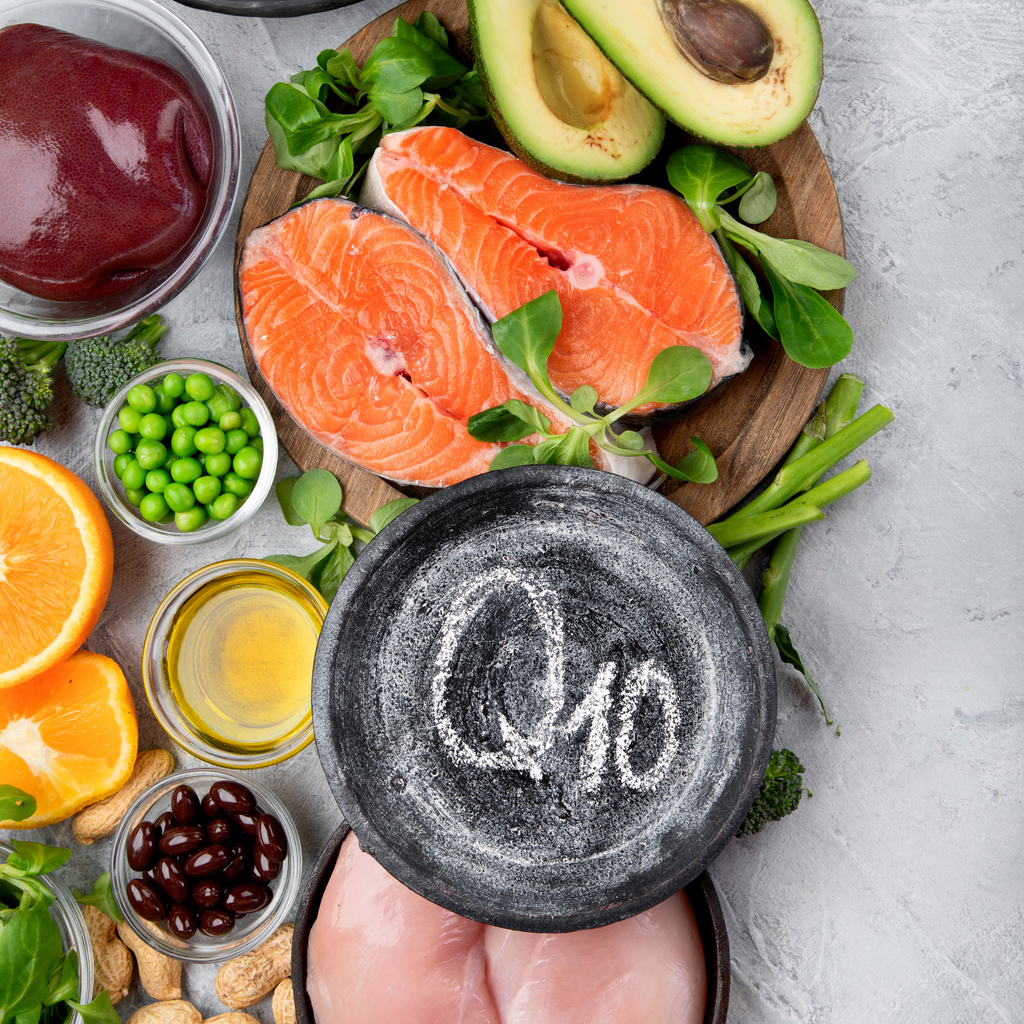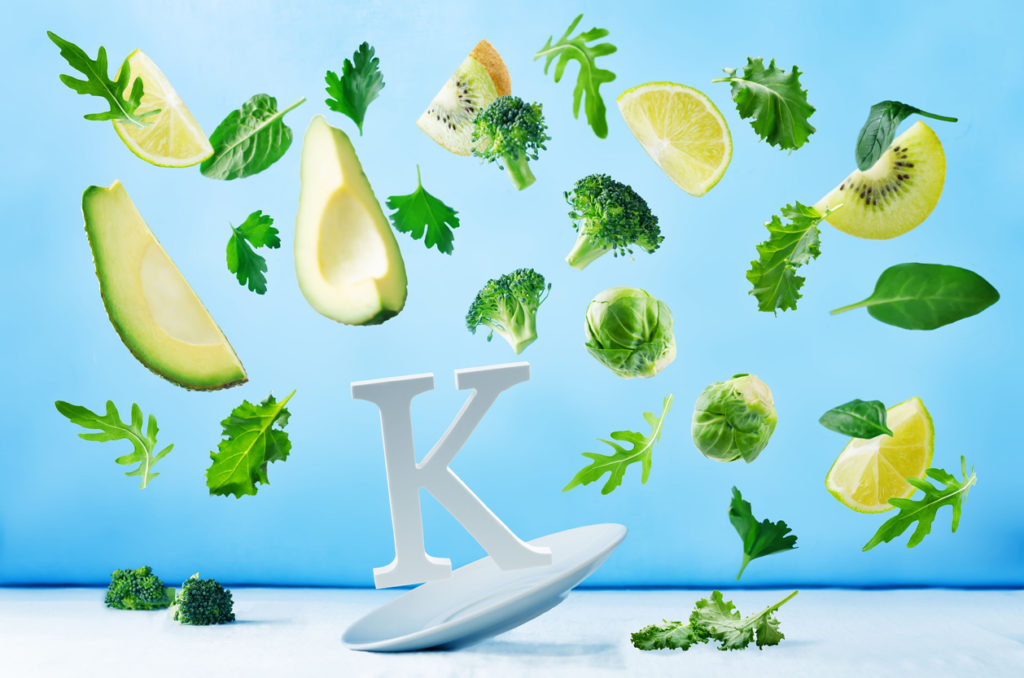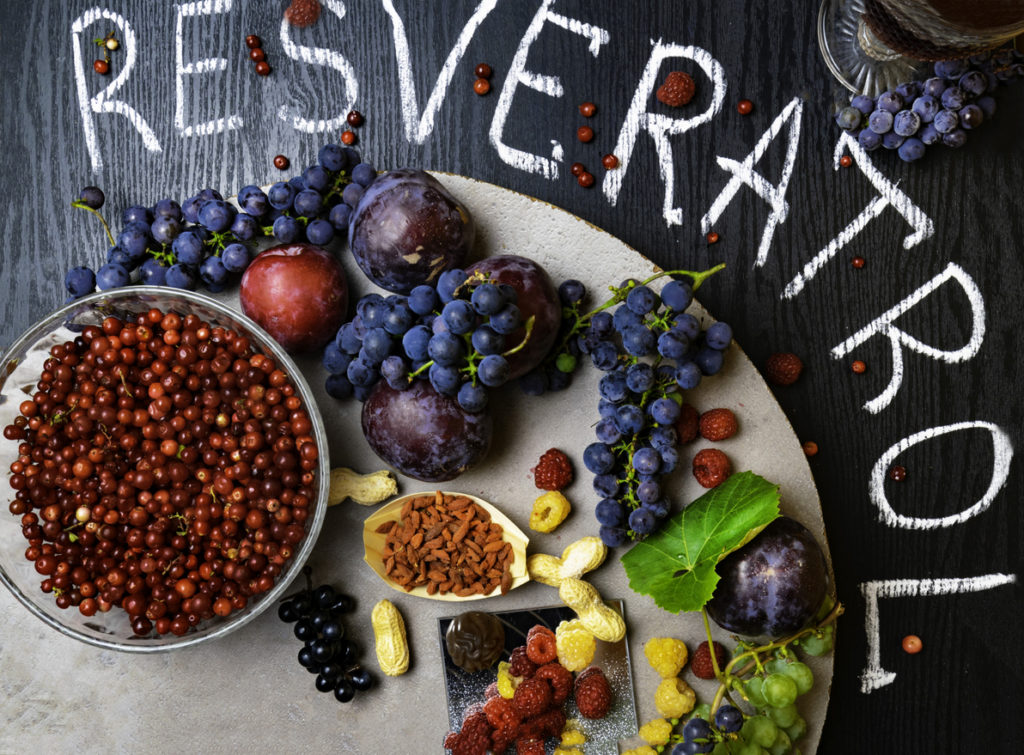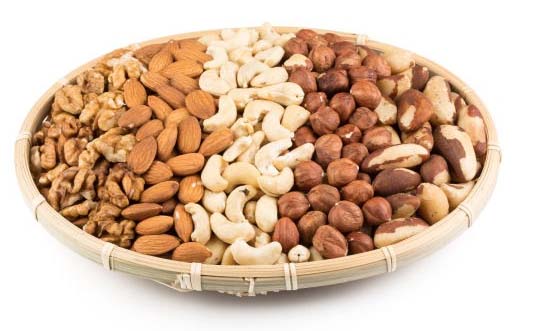Keep these lesser-known ingredients on your radar and reap the rewards.
Vitamin C, retinol, salicylic acid (BHA), peptides, and hyaluronic acid get all the glory, but there are a plethora of beneficial skincare ingredients out there that don’t get half as much press. Here are others you'll want to keep on your radar in the quest for flawless skin.

Glycerin
Although brands often don’t make a fuss about it, glycerin is an unsung hero ingredient that can be found in many skincare and hair care products. Once you start looking for it on ingredient lists, you’ll notice this hydrating ingredient everywhere, including in hundreds of dermatologist-endorsed brands! And for good reason: it’s both a highly effective moisturizer for dry skin, eczema, and also prevents the loss of moisture. This is likely why it’s a mainstay in creams, serums, cleansers, and even hair care products.
Coenzyme Q10
Coenzyme Q10, also called ubiquinone, is an antioxidant that can help the skin fight against outside aggressors, as well as repair damaged skin cells. Q10 is beneficial for keeping dryness and dark spots at bay and helps with overall skin tone and hydration, and is also found in salmon and tuna and whole grains. It occurs naturally in the skin, but as with many other components that keep you looking healthy and youthful (looking at you, collagen, hyaluronic acid, and ceramides!), its levels depreciate with time. Nivea uses it prominently in their antiaging range, but you’ll also find it in products from brands like The INKEY List and Eucerin.

Niacinamide
Whether vitamin B3 belongs on this list is arguable, as it’s been getting more attention over the last little while. But I’m not sure the average skincare user would name it as a go-to active ingredient, so here we are. Also called niacinamide, vitamin B3 has many benefits that range from helping your skin maintain its barrier function, to improving its tone and texture. It’s also an anti-inflammatory and can help banish blemishes. What’s more, it’s suitable for every skin type including sensitive skin with very few reported side effects, so if niacinamide isn’t part of your skincare routine yet, it might be time to try it.
Vitamin K
Although vitamins A (aka retinoids), C, and E are often touted as beneficial, it’s still pretty rare to hear bout vitamin K. But apparently, the ingredient found in leafy vegetables can help improve blood vessel elasticity, making it useful in targeting issues like stretch marks, bruising and under eye puffiness and dark circles. It’s usually found in skincare products like moisturizers and eye creams, specifically.

Ceramides
Despite being one of the building blocks of the skin and essential for a healthy skin barrier, ceramides don’t get nearly enough praise. The fatty acids are a key element when it comes to keeping skin moisturized and hydrated. Luckily, they are widely used in everything from serums and creams to body products and sunscreen at every price point. One brand that is famous for including ceramides in its formulas (and for being affordable, too!) is CeraVe. I always have a tub of the brand’s moisturizing cream on hand and my skin loves me for it come winter!
Resveratrol
You may have heard of it before, but resveratrol isn’t cited nearly as often as other antioxidants (like vitamin C, for example). But if you drink red wine, know that you’ve been ingesting it all this time! Found in grapes, berries and even dark chocolate, resveratrol helps protect the skin from free radical damage and provides antiaging benefits. French brand Caudalie was one of the pioneers in using the ingredient for skincare in the ‘90s, but nowadays, you can also find it in products by other brands like Estée Lauder, Bite Beauty, and Skinceuticals, to name a few.

Urea
Despite its decidedly unsexy name, urea is an interesting and effective skincare ingredient that moisturizes the skin, while also helping exfoliate it. The first time I came across it was in a hand cream meant to moisturize and smooth rough skin—and it worked really well! The moisturizing humectant is naturally found in urine (which explains its name), but the version used in skincare products is made in a lab.
Lactic Acid
Glycolic acid is one of the most common AHAs (alpha hydroxy acids) and has become almost synonymous with “chemical exfoliant”. But there are other acids in the AHA family that are worth knowing—like lactic acid, which has similar properties in that it helps break down and get rid of dead skin cells. However, it tends to be gentler on the skin due to its larger molecular size. It can help reduce the appearance of fine lines and hyperpigmentation, and brighten the skin, too. Look for it in peels, serums, and toners for an exfoliating boost, especially if your skin tends to be on the sensitive side!

Mandelic Acid
Another chemical exfoliant that falls in the AHA category, mandelic acid affects the outer layers of the skin, and is an even larger molecule than lactic acid, which means it doesn’t penetrate as quickly or as deeply (and is therefore even more gentle than glycolic and lactic acid). It’s also naturally antibacterial, making it an interesting option for acne-prone skin. Struggling with dryness or sensitivity? Mandelic acid may also be for you. The more you know the more your skin glows!
Ferulic Acid
Ferulic acid, yet another antioxidant, is most often found in formulas combined with vitamin C. Apparently, it is suited to most skin types, and can help prevent free-radical damage which—you know it!—contributes to speeding up skin aging. It also plays well with vitamin C and vitamin E, which would explain why the Skinceuticals C E Ferulic serum is so highly revered in the beauty world.
How many of these ingredients have you used before? Which lesser-known ingredients have worked for you? Let us know in the comments!
Loading...